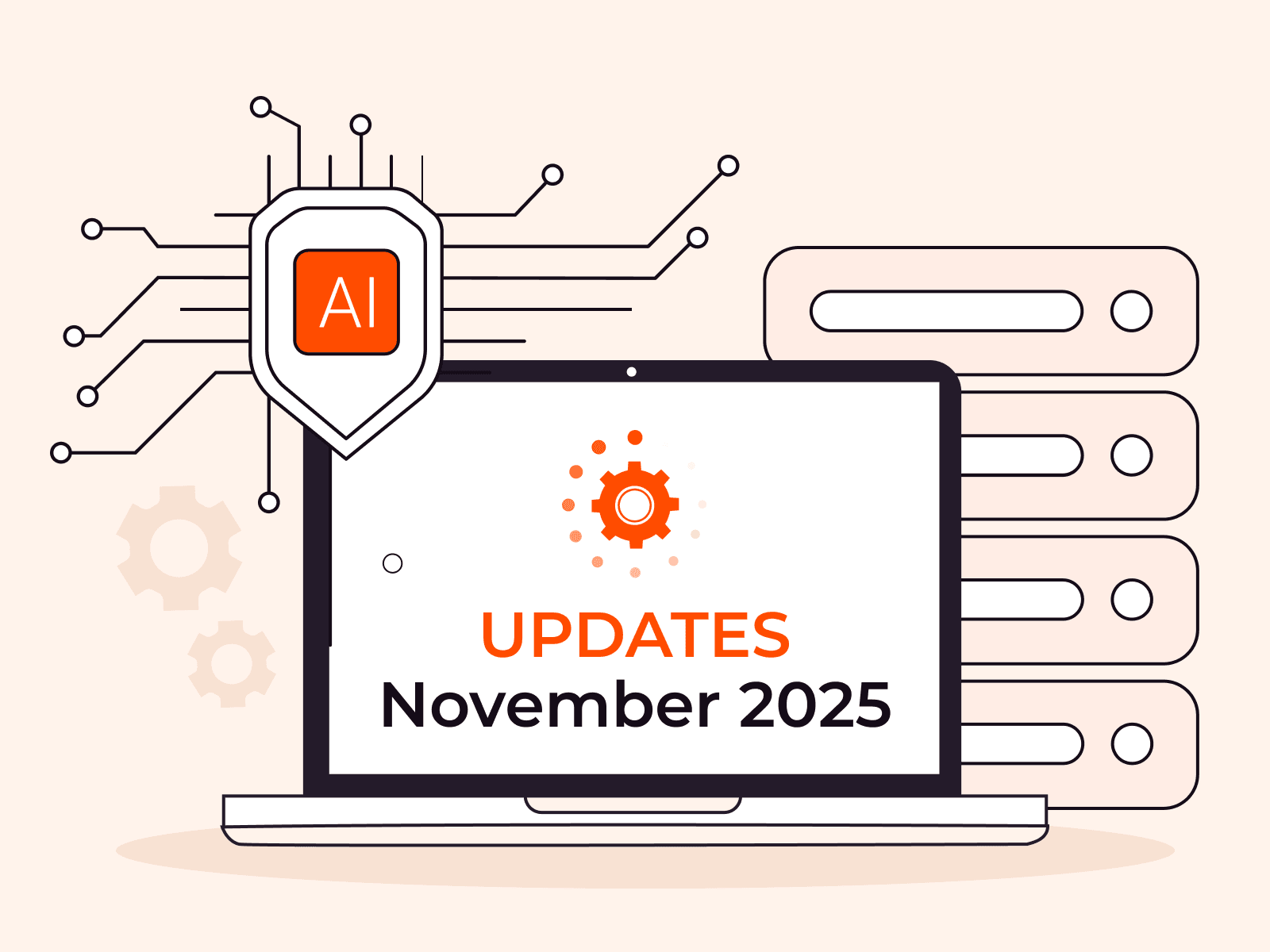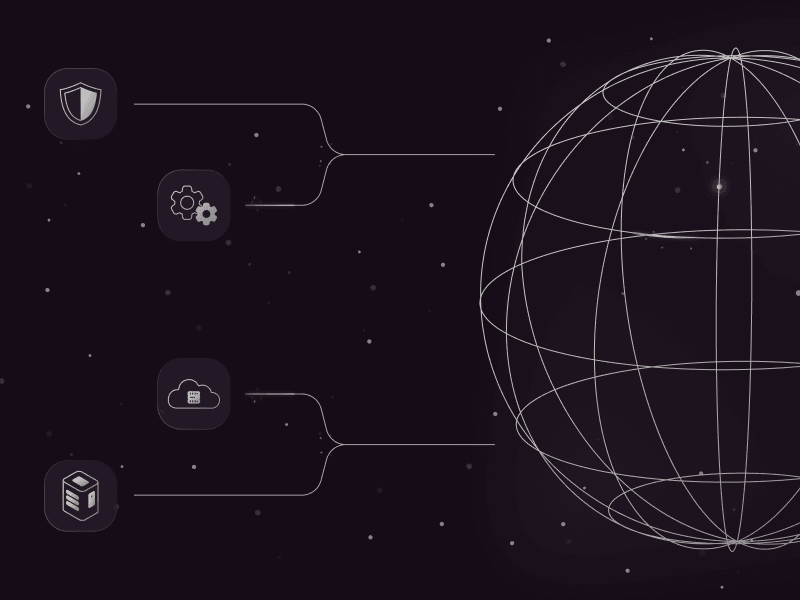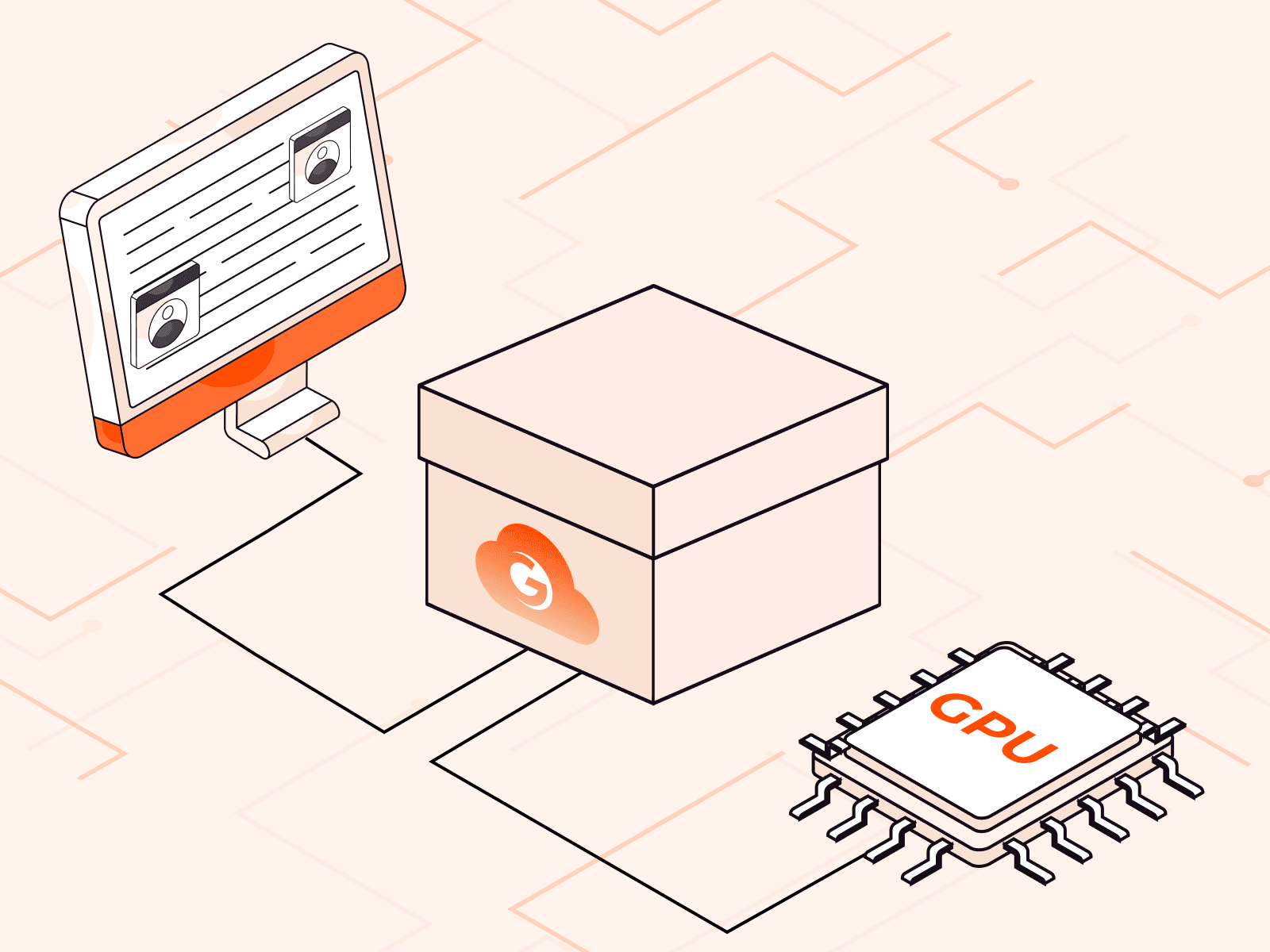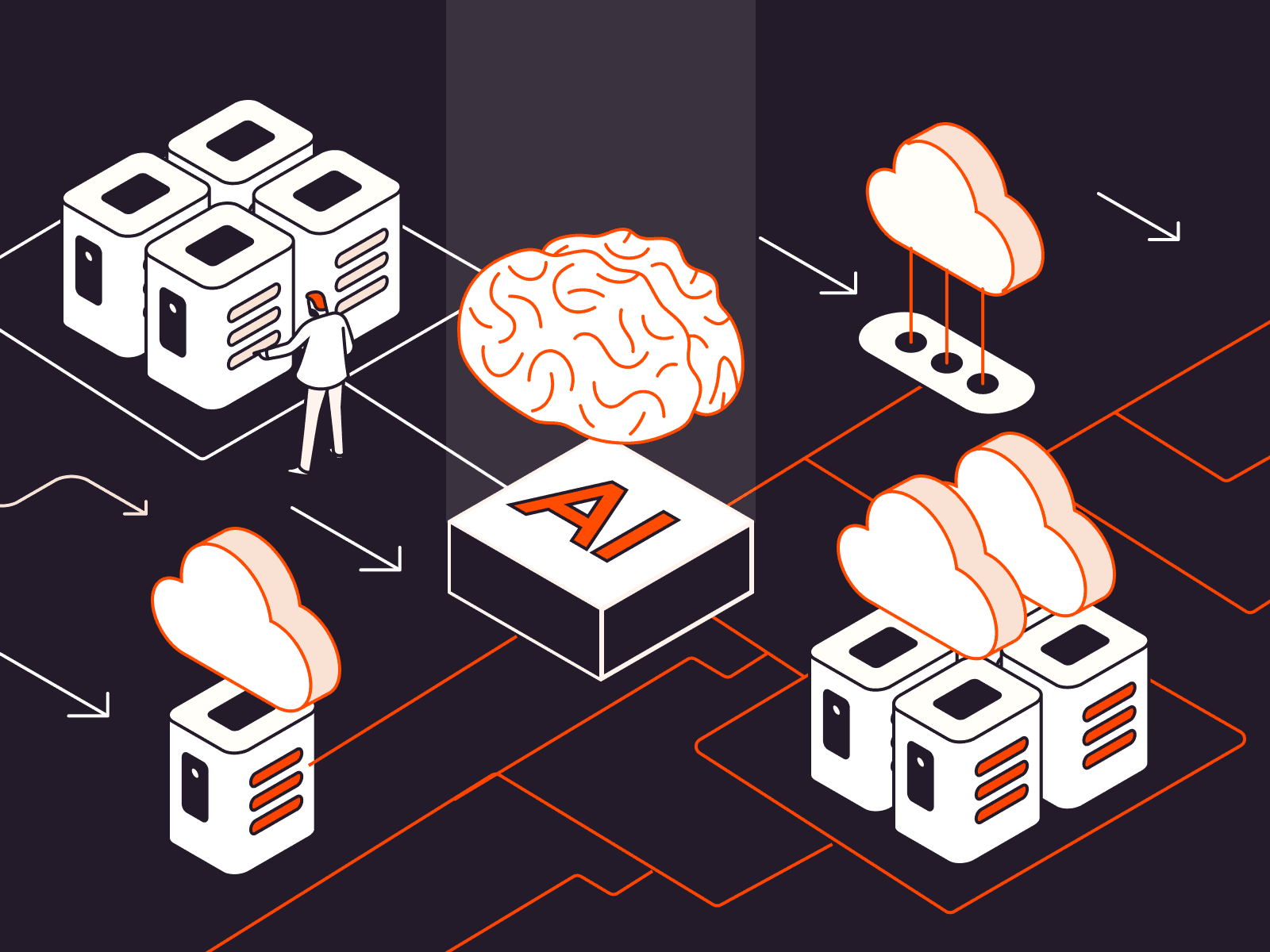A global AI cheat sheet: comparing AI regulations across key regions
- January 22, 2025
- 6 min read
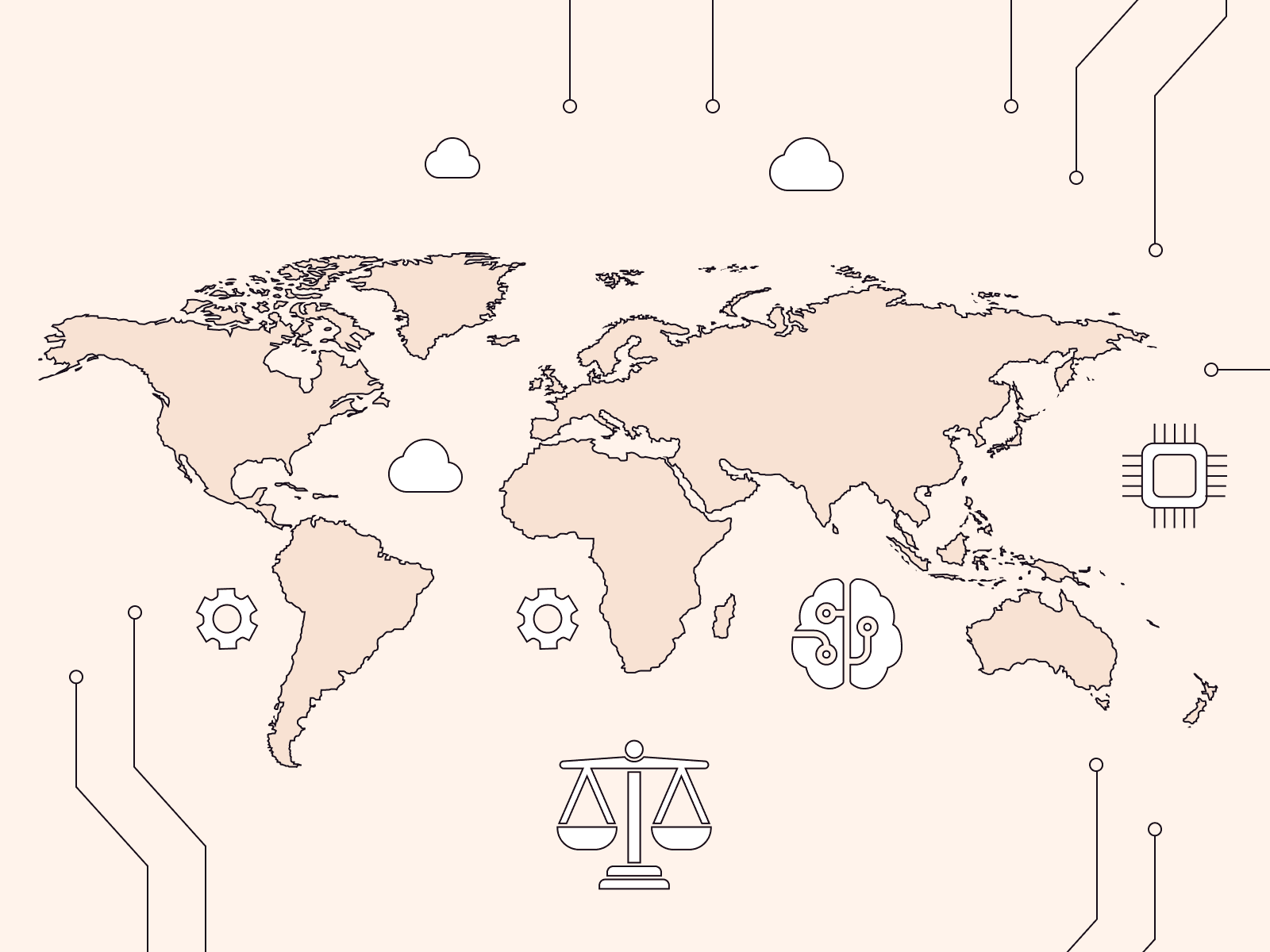
As AI developments continue to take the world by storm, businesses must keep in mind that with new opportunities come new challenges. The impulse to embrace this technology must be matched by responsible use regulations to ensure that neither businesses nor their customers are put at risk by AI. To meet this need, governments worldwide are developing legislation to regulate AI and data usage.
Navigating an evolving web of international regulations can be overwhelming. That’s why, in this article, we’re breaking down legislation from some of the leading AI hubs across each continent, providing you with the information your business needs to make the most of AI—safely, legally, and ethically.
If you missed our earlier blogs detailing AI regulations by region, check them out: North America, Latin America, Europe, APAC, Middle East.
To get the TL;DR, skip ahead to the summary table.
Global AI regulation trends
While regulations vary depending on location, several overarching trends have emerged around the world in 2025, including an emphasis on data localization, risk-based regulation, and privacy-first policies. These have become common points of reference. The shared ambition across countries is to foster innovation while protecting consumers, although how regions achieve these aims can vary widely.
Many countries are following the example set by the EU with the AI Act, with its layered regulatory model for AI depending on potential risk levels. This system has different requirements for each risk level, demanding one level of security for high-risk applications that either affect public safety or rights and another for general-purpose AI where the risks are not quite as serious.
Europe: structured and stringent
Europe has some of the world’s most stringent AI regulations with its data privacy focus under the GDPR and the new risk-based AI Act. This approach is mainly attributable to the EU’s emphasis on consumer rights and ensuring that user data is guaranteed security by digital technology. The proposed EU AI Act, which while still under negotiation is expected to be finalized by 2025, classifies AI applications by risk level, from prohibited to unacceptable, high, and minimal risk. High-risk AI tools, such as those used in biometric ID or financial decisions, must meet strict standards in data governance, transparency, and human oversight.
Some EU countries have introduced additional standards to the EU’s framework, particularly for increased privacy and oversight. Germany’s DSK guidance, for example, focuses on the accountability of large language models (LLMs) and calls for greater transparency, human oversight, and consent for data usage.
Businesses looking to deploy AI in Europe must consider both the unified requirements of the AI Act and member-specific rules, which create a nuanced and strict compliance landscape.
North America: emerging regulations
The regulations related to AI in North America are much less unified than those in Europe. The US and Canada are still in the process of drafting their respective AI frameworks, with the current US approach being more lenient and innovation-friendly while Canada favors centralized guidance.
The United States prioritizes state-level laws, such as the California Consumer Privacy Act (CCPA) and Virginia’s Consumer Data Protection Act (VCDPA), that serve to enforce some of the stricter privacy mandates. President Trump scrapped Biden’s federal-level Executive Order in January 2025, removing the previous two-tier approach in favor of business self-regulation and state laws.
While the US’s liberal approach aligns with the US’s free-market economy, prioritizing innovation and growth over stringent security measures, not all states embrace this approach. The divergence between stringent state laws and pro-innovation, minimalist federal policies can create a fragmented regulatory landscape that’s challenging for organizations to navigate.
Asia-Pacific (APAC): diverging strategies with a focus on innovation
APAC is fast becoming a global leader in AI innovation, with major markets leading efforts in technology growth across diverse sectors. Governments in the region have responded by creating frameworks that prioritize responsible AI use and data sovereignty. For example, India’s forthcoming Digital Personal Data Protection Bill (DPDPB), Singapore’s Model AI Governance Framework, and South Korea’s AI Industry Promotion Act all spotlight the region’s regulatory diversity while also highlighting the common call for transparency and data localization.
There isn’t a clear single approach to AI regulation in APAC. For example, countries like China enforce some of the strictest data localization laws globally, while Japan has adopted “soft law” principles, with binding regulations expected soon. These varied approaches reflect each country’s unique balance of innovation and responsibility.
Latin America: emerging standards prioritizing data privacy
Latin America’s AI regulatory landscape remains in its formative stages, with a shared focus on data privacy. Brazil, the region’s leader in digital regulation, introduced the General Data Protection Law (LGPD), which closely mirrors the GDPR in its privacy-first approach—similar to Argentina’s Personal Data Protection Law. Mexico is also exploring AI legislation and has already issued non-binding guidance, emphasizing ethical principles and human rights.
While regional AI policies remain under development, other Latin American countries like Chile, Colombia, Peru, and Uruguay are leaning toward frameworks that prioritize transparency, user consent, and human oversight. As AI adoption grows, countries in Latin America are likely to follow the EU’s lead, integrating risk-based regulations that address high-risk applications, data processing standards, and privacy rights.
Middle East: AI innovation hubs
Countries in the Middle East are investing heavily in AI to drive economic growth, and as a result, policies are pro-innovation. In many cases, the policy focus is as much on developing technological excellence and voluntary adherence by businesses as on strict legal requirements. This approach also makes the region particularly complex for businesses seeking to align to each country’s desired approach.
The UAE, through initiatives like the UAE National AI Strategy 2031, aims to position itself as a global AI leader. The strategy includes ethical guidelines but also emphasizes innovation-friendly policies that attract investment. Saudi Arabia is following a similar path, with standards including the Data Management and Personal Data Protection Standards focusing on transparency and data localization to keep citizens’ data secure while fostering rapid AI development across sectors. Israel’s AI regulation centers on flexible policies rooted in privacy laws, including the Privacy Protection Law (PPL), amended in 2024 to align with the EU’s GDPR.
TL;DR summary table
| Region | Country/region | Regulation/guideline | Key focus | Business impact |
| Europe | EU | AI Act (Proposed) | Risk-based AI classification; high standards in data governance, transparency, human oversight | Stricter compliance costs, potential delays in AI deployment due to rigorous requirements |
| EU | General Data Protection Regulation (GDPR) | Data privacy, consent for data processing, restrictions on cross-border data transfers | Increased operational costs for compliance, challenges for global data transfer and storage | |
| North America | US (States) | California Consumer Privacy Act (CCPA) & Virginia Consumer Data Protection Act (VCDPA) | Data privacy, consumer data protection, strict compliance on data processing | Increased legal requirements for businesses operating in stringent states |
| Canada | Artificial Intelligence and Data Act (AIDA) (Proposed) | National AI ethics and data privacy; transparency, accountability for personal data usage | Requires investments into AI audit systems and documentation | |
| Canada | Personal Information Protection and Electronic Documents Act (PIPEDA) | Data transparency, user consent, accountability in personal data use | Provides organizations with the opportunity to build client trust with transparency | |
| APAC (Asia-Pacific) | India | Digital Personal Data Protection Bill (DPDPB) | Data privacy, user consent, data sovereignty, localization | Operational costs for data localization systems, limits cross border data flow |
| Singapore | Model AI Governance Framework | Responsible AI use, data governance, transparency | Organizations aligning with requirements early gain a competitive edge | |
| South Korea | AI Industry Promotion Act | AI industry support, transparency, data localization | Encourages AI innovation but requires international companies pay localization costs | |
| China | Data Localization Laws | Strict data localization, sovereignty over data processing | Data localization involves compliance costs and can create barriers for foreign businesses operating in China | |
| Japan | Privacy Protection Law (soft law principles) | Privacy protection, future binding regulations expected | Business flexibility in the short term with potential for future compliance costs when binding regulations are implemented | |
| Latin America | Brazil | General Data Protection Law (LGPD) | Data privacy, consent for data processing, transparency in data use | Alignment with GDPR can ease entry for European businesses but has the potential to raise compliance costs |
| Mexico | AI Ethics Principles (Non-binding) | Ethical principles, human rights, guidance for responsible AI use | Minimal compliance requirements, a soft-law approach allows businesses flexibility | |
| Argentina | Personal Data Protection Law | GDPR-aligned; consent, data privacy, user rights | ||
| Chile | National Intelligence Policy | Human rights, transparency, bias elimination in AI use | Low compliance costs but requires focus on ethical AI practices | |
| Colombia | National Policy for Digital Transformation | Ethical AI use, responsible development, data sovereignty | Focus on ethical practices could create competitive advantages in public-sector tenders | |
| Peru | National Strategy for AI | AI infrastructure, skills training, ethical data practices | Creates opportunities for businesses involved in AI training and infrastructure but requires ethical alignment | |
| Uruguay | Updated AI Strategy (in progress) | Governance in public administration, AI innovation | Eases entry for innovation focused companies despite demanding alignment with governance frameworks | |
| Middle East | UAE | AI Ethics Guide and AI Adoption Guideline | Ethical standards, data privacy, responsible AI deployment | Supports ethical AI development with minimal regulatory burden |
| UAE | Dubai International Financial Center (DIFC) Data Protection Regulations | Data use in AI applications, privacy rights, data localization | Can make data transference more challenging but positions Dubai as an AI leader | |
| UAE | AI Charter | Governance, transparency, and privacy in AI practices | Encourages international collaboration while emphasizing responsible AI use | |
| Saudi Arabia | Data Management and Personal Data Protection Standards | Transparency, data localization, minimal restrictions on AI innovation | Supports innovation but increases costs for localized data processing | |
| Saudi Arabia | AI Ethics Principles and Generative AI Guidelines | Ethical standards, responsible AI use, industry guidance | Low compliance costs encourage innovation | |
| Israel | Privacy Protection Law (PPL) and AI Policy | Data privacy, GDPR-aligned amendments (AI Policy), ethical and flexible AI regulation | Flexibility for businesses with ethical operations, alignment with GDPR can ease European collaboration |
Managing Compliance with Overlapping Regulations
Managing compliance is always a challenge, and with regulations around the globe requiring diverse and often contradictory requirements, maintaining compliance has become more challenging than ever. Organizations operating internationally must balance compliance with stringent regulations such as the EU’s GDPR and China’s Data Localization laws, while simultaneously adhering to more flexible or innovation-focused frameworks in countries like Singapore and Saudi Arabia. Companies must adapt operations to meet different standards for data privacy, transparency, and governance, which can lead to increased costs and operational inefficiencies. This regulatory fragmentation often forces organizations to invest heavily in legal expertise, compliance infrastructure, and tailored operational strategies to address conflicting requirements.
Simplify global AI compliance with Gcore
For businesses operating internationally, staying compliant with varying AI regulations presents a significant hurdle. However, emerging technologies like sovereign cloud and edge computing are opening new avenues for meeting these standards. Sovereign clouds allow data storage and processing within specific regions, making it easier for companies to adhere to data localization laws while benefiting from cloud scalability. Providers like Gcore, for instance, offer solutions with a truly global network of data centers, enabling seamless operations across borders for global companies.
At Gcore, we lead the way in edge computing, which complements localization by enabling data processing closer to where data originates, which reduces the need for cross-border data transfers and enhances both latency and network efficiency. This approach is especially beneficial for AI applications in areas like autonomous driving and telemedicine, where both speed and compliance are essential. Additionally, Gcore simplifies compliance with regulations such as the EU’s GDPR and AI Act by helping to ensure that sensitive data remains secure and within regional borders.
Related articles
Subscribe to our newsletter
Get the latest industry trends, exclusive insights, and Gcore updates delivered straight to your inbox.


